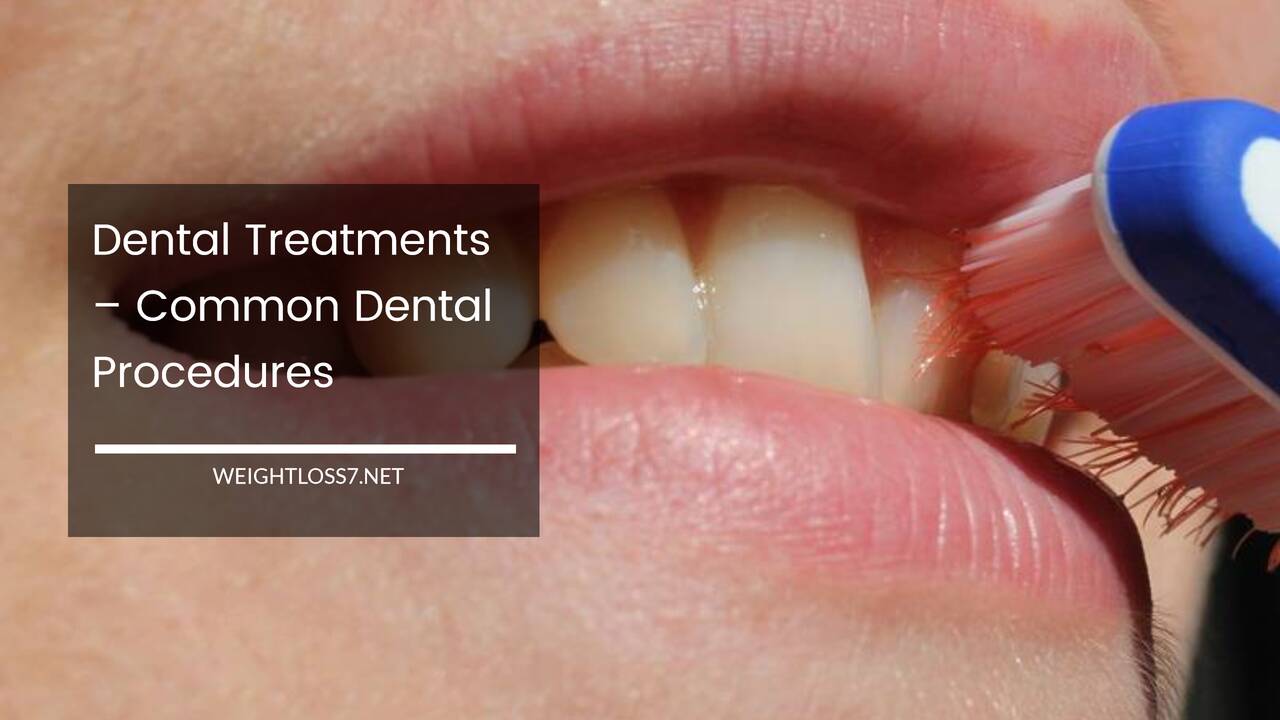Intermittent Fasting, Depression and Inflammation

Brad Pilon, author of Eat Stop Eat, and Intermittent Fasting expert, has created a great article on a possible way intermittent fasting may assist with inflammation, and thus, depression, a leading and growing sickness that now affects 1 in 10 people in America, according to the CDC (who is funded by a massive emotional/physical depression trigger).
When the body is stressed, immune system cells release pro-inflammatory cytokines, cell-signaling proteins that promote inflammation, as a signal to the brain,related molecules, and of course, your conscious, that something is wrong.
Brad Pilon provides very interesting points relating inflammation and depression,
- Many of those effected by depression show markers of inflammation, and conversely, many of those effected by inflammatory sickness and illness have a higher chance of being effected by depression
- Chronic Exercise, or Chronic Cardio, is linked with inflammation. The excessive release of cortisol that often occurs with long-duration cardio is a primary factor in creating inflammation.
- Obesity and insulin resistance also correlate with increased inflammation. High levels of carbohydrate and calorie intake often result in insulin resistance, the resistance of receptors to the hormone insulin ( a nutrient regulator/deliverer), resulting in increased adipose tissue (fat) storage. This is why I like to center my diet methodology around Intermittent Fasting, such as Eat Stop Eat, and diet intake around Primal or Paleotholic food groups, like those discussed in The Paleo Solution or the Primal Blueprint.
- A lack of sleep correlates with increased inflammation, which is something many people ignore. Sleep is essential in restoring hormonal balance and health, and without it, damage can be dealt to various areas and functions of the body, from energy levels, to logical thought, to problem-solving, to appetite, to the liver and muscles, and beyond.
What this information on intermittent fasting, depression, and inflammation highlights is an important lesson in the field of health and fitness, the body’s different cells, tissues, organs, and systems work together, can affect each other, and are effected by each other.
Diet may not be obviously connected to emotions, but once it is understood that nutrients consumed are used to create the energy and cells that operate the body, this is understood.
Fitness is considered and is often a good thing, but when structuring length, and considering cortisol and stress, we can see that too much of even a good thing can hurt.
The times, or hours, or methodology of respective diet and fitness routines may not be considered a factor in emotional improvement, or nutritional and exercise remedy, but once hormones are taken into consideration, like ghrelin or insulin, the factors change.
Inflammation isn’t only a by-product of certain illnesses; it can increase the chance of and lead to illnesses. Sleep doesn’t only affect energy, but also maintains and plays a role in the hormonal process, decreasing and/or increasing inflammation and other signals and problems.
There is still room for discussion on intermittent fasting, depression, and inflammation, as there is on certain myths surrounding intermittent fasting, but in the least, this brief information, notably in thanks to Brad Pilon, allows us to better make nutrition, fitness, and lifestyle related decisions and will hopefully allow us to minimize stress, and maximize health.
Guest Post: This article was published as part of the Guest Post Series. Guest posts come from leading experts in weight loss, health, and fitness. The series tries to bring a diverse range of perspectives on the critical issues of our time. The views expressed in this article are solely that of the author and do not necessarily represent the views or opinions of WeightLoss7.Net.

















